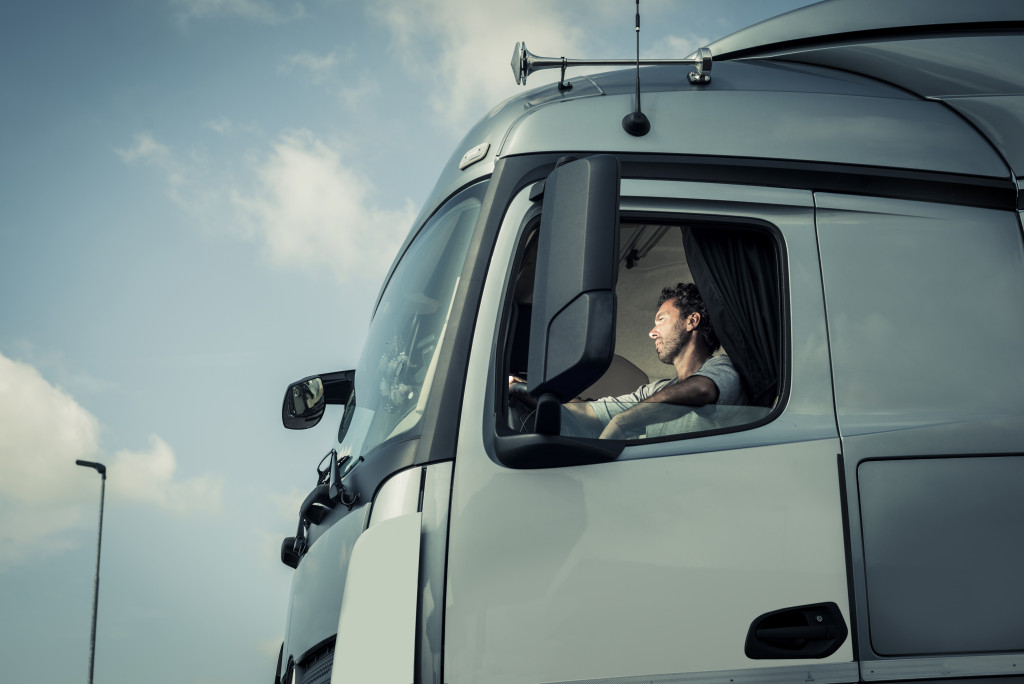The rise of brilliant and sophisticated new technologies comes with fears that it will one day take over jobs. Experts have been warning about the disappearance of certain professions, leaving many people unemployed and have no source of income.
And, with the rise of autonomous trucks, there have been fears that truck drivers will have to shift to another career to survive.
One previous report has predicted that about 50 percent to 70 percent of truck driving jobs in the United States and Europe will disappear in less than a decade. By 2030, self-driving vehicles will ply the road, traveling long distances to transport goods from one point to another.
Technology has been helpful to truckers. It connects them to loved ones when they are on the road for long periods of time. It also eases their workload because it connects them to services that help truck drivers in bookkeeping, paying taxes, and other tasks.
However, will it one day make trucking as a job obsolete?
Benefits of Autonomous
There are about 1.8 million heavy-duty truck drivers across the United States, according to the federal government. However, the American Trucking Association claims that there are as many as 3.5 million truckers. So, if predictions come true and autonomous vehicles take over, several people will lose their livelihood.
Yet, there are many benefits to autonomous vehicles. It will save the industry billions of dollars from the reduction of labor expenses. Deploying a fleet of autonomous vehicles will also increase fuel efficiency, adding to the overall savings of each company. Moreover, productivity will significantly increase because trucks will be on the road 24/7.
Is the Technology Ready?

The short answer is no, not yet. The technology is not yet ready to be deployed en masse, and, therefore, truck drivers will not lose their jobs to autonomous trucks any time soon.
Although major strides have been made, self-driving trucks still are not as good as humans. Those that are commercially viable have limitations.
The Volvo mining trucks, for example, do their jobs well, but they are running in a controlled area with predetermined routes. On the other hand, while companies such as TuSimple have autonomous trucks on highways, humans are needed in the cabin to interfere in emergencies.
Autonomous vehicles are smart. They are equipped with several cameras and sensors to ensure that they would not crash or cause harm. They also eliminate issues that lead to accidents, such as fatigue and distracted driving.
However, when it comes to real-world situations, humans are still necessary to make and execute decisions.
It will take more years for self-driving vehicles to truly be autonomous. By that time, many truck drivers are probably in retirement age. A report revealed that truck drivers, on average, are in their mid-50s. The interest of young people in the job seems to be waning, too. The industry has been experiencing a shortage for years now.
Is the Legal System Ready?
The legal system is not ready for self-driving vehicles, either. Autonomous vehicles right now are not entirely safe for the roads yet. What happens in case of an accident?
There is still no clear guide on what people should do if a crash involving a self-driving vehicle occurs. Typically, the owner of the vehicle, who may not be the driver, will be responsible for the potential damage. The driver can be brought to court if they are not acting within their responsibility.
With autonomous vehicles, there is a third factor to consider: the new technology. Tesla’s assisted driving system is already gaining criticism after being involved in several accidents. The National Highway Traffic Safety Administration (NHTSA) is already investigating the 30 accidents involving the company’s assisted driving system.
In 2018, a self-driving car from Uber hit and killed a pedestrian. The backup driver, who was behind the wheel and was tasked to intervene in case of an accident, was later charged with negligent homicide. Uber did not face criminal charges.
There is still a lot of work to do to equip the legal system with all the tools it needs to protect potential victims in an accident.
When self-driving trucks start traveling on public highways, it will be a game-changer. The industry will be able to save billions and be more productive. The downside is it might lead to the disappearance of truck driving jobs.
However, right now, it is not yet a problem. Experts agree that it will not be a problem for more years to come.

